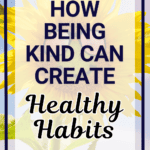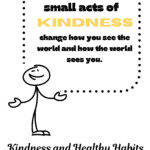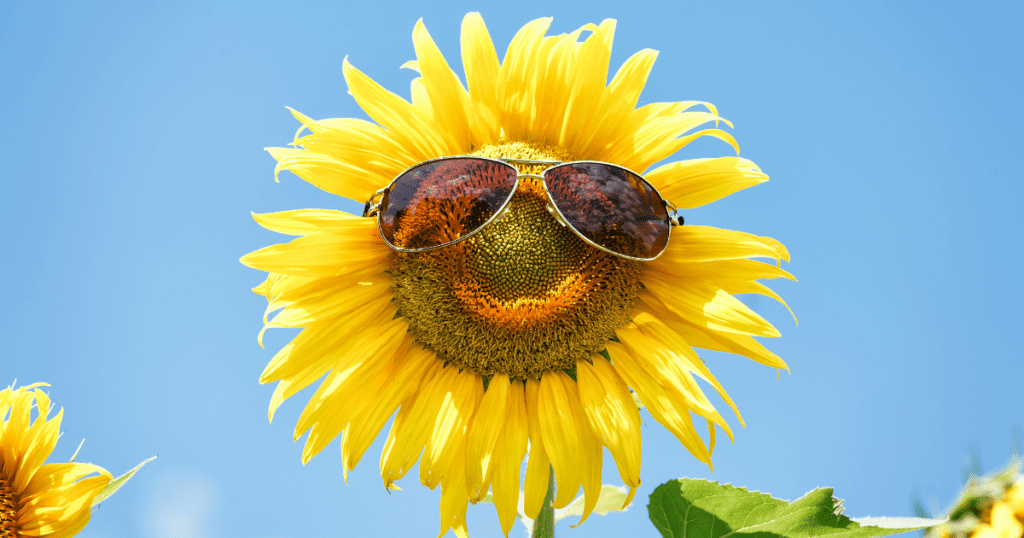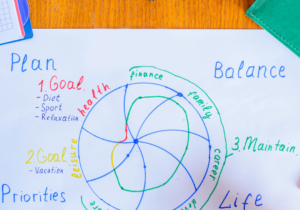How Small Acts of Kindness Create Healthy Habits
It's easy to get lost in life's worries. There always seems to be something pressing to do and more important than thinking about taking time out to be more kind. It seems that taking the time to nurture your own wellbeing and look after those around you through even small acts easily becomes an afterthought.
It's easy to forget how even the smallest everyday actions can shape your life and the lives of those around you. Showing kindness, however, can have a remarkable influence on your health and wellbeing. In this article, we’ll look into how kindness can foster good habits that can make for a more joyful and gratifying life.
What are small acts?
Small acts are simple daily actions, often with little thought or effort. These can include anything from smiling at a stranger, holding the door open for someone, or saying a kind word to a friend or colleague. While these actions may seem insignificant, they can have a profound impact on our lives and the lives of those around us.
Kindness brings confidence and satisfaction. Even the smallest act can have a ripple effect of positive energy. Kindness can boost your mood and mental health.
Small actions can have a big impact, and the best part is that anyone can do them! You don't need fancy skills, just some time and a little effort. It's incredible how easy it can be to spread kindness, and it starts with something as simple as a small action.
What is kindness?
Kindness means showing consideration and compassion. Many cultures admire this characteristic and frequently view it as a cornerstone of a healthy and harmonious society. It’s often defined as being friendly, generous, and considerate, and it’s something we can all practice in our daily lives.
Kindness is a Game-Changer
Kindness can transform lives. It can cultivate deeper connections, increase motivation and boost your well-being. Being kind to others benefits you.
Practicing small acts of kindness benefits both the giver and the receiver. For the giver, acts of kindness can increase feelings of happiness, satisfaction, and overall mental state. Additionally, performing acts of kindness can boost your self-esteem and reduce stress and anxiety.
For the receiver, acts of kindness can provide a sense of comfort and support, possibly helping to alleviate feelings of loneliness and depression. It can even lead to improved physical health.
From building stronger relationships, increasing motivation, and boosting mental health, kindness can be a real game changer.
The connection between Kindness and Healthy Habits
One of the ways that being kind can help create healthy habits is by being intentional with your small acts of kindness. When you are kind to others, you are more likely to be focusing on the present moment and paying attention to what is happening around you.
How often have you just gone through the motions of daily living without even thinking about what you are doing?
Like, did you pet your dog before you left the house? How many people at the grocery store did you pass by because you were in a hurry?
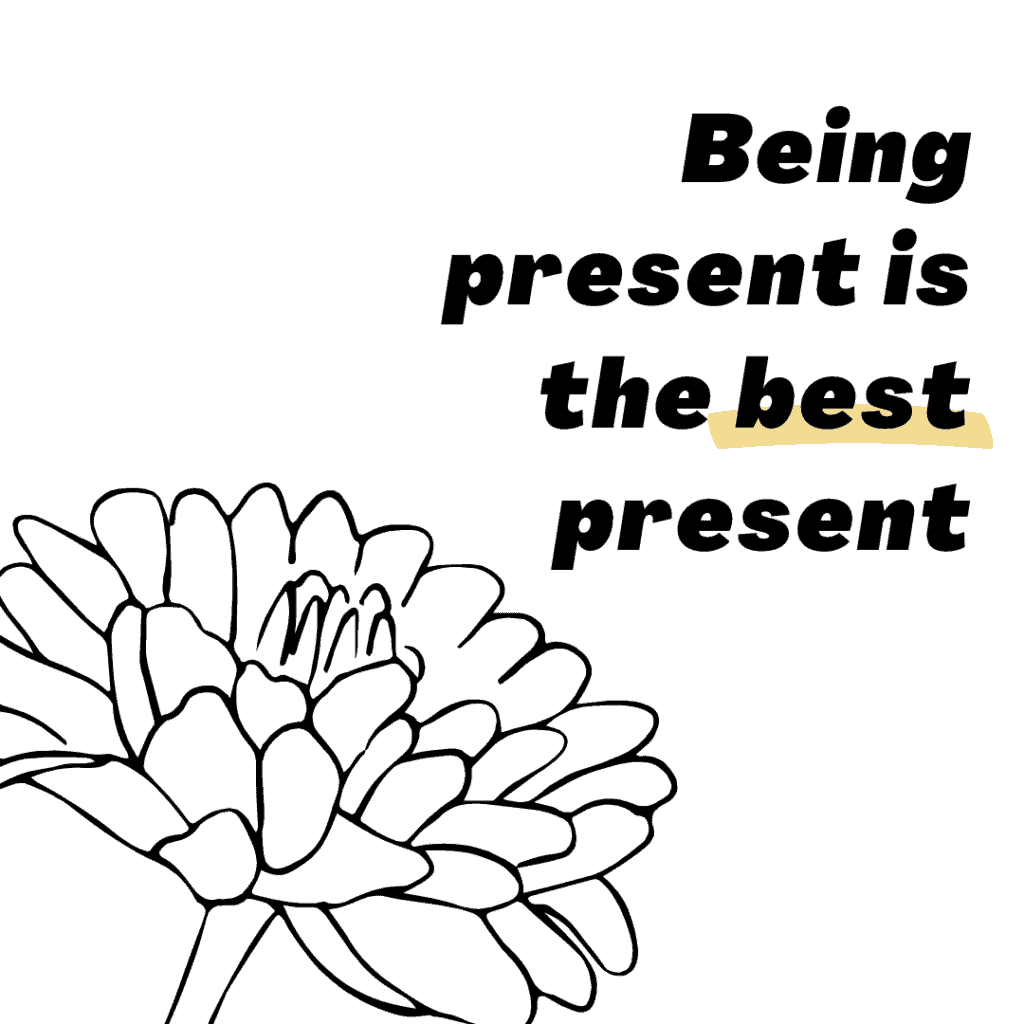
Being able to be present is one of my favorite sayings, “Being present is the best present.” The ability to be present is an act of mindfulness. When you are mindful it gives you space to see the good and create a more positive outlook on life.
Engaging in random acts of kindness can feel inspiring which is a great way to encourage yourself to do more, like making positive changes in your own life.
For example, If you help someone in need, it can give you a sense of purpose and help you feel more connected.
Did you know that feeling connected, having a sense that you belong, and having a purpose are key traits to forming and keeping lasting healthy habits?
It’s true.
Connecting to something greater than yourself motivates many people. It inspires you to continue to make healthy choices that support your overall well-being.
Small acts of kindness make a big difference
- Kindness Boosts Mental Health
It’s amazing to think that something as simple as being kind can have such a profound impact on your mental health and well-being. Research has shown that kindness releases endorphins in the brain, which are known as "feel-good" chemicals. Additionally, acts of kindness trigger the release of oxytocin, a hormone that is linked to feelings of happiness, trust, and bonding.
Acts of kindness also help to decrease levels of stress hormones, such as cortisol, which can have a negative impact on your mental and physical health.
By incorporating acts of kindness into your daily routine, you can train your brain to release more feel good chemicals and decrease levels of stress hormones. The relationship between kindness and mental health is a strong one. Kindness has been shown to reduce anxiety and depression, increase self-esteem, improve resilience, and provide better coping mechanisms.
- Kindness Builds Stronger Relationships
Kindness breaks down barriers. It fosters trust, connection, and respect and creates a deeper sense of community. When you have strong relationships you feel more supported in your efforts and that bond actually helps your efforts to maintain healthy habits.
Regardless of the act, kindness has the power to bring people closer together and create a sense of understanding and respect.
For example, a simple act of kindness like cooking a meal for a friend who is going through a tough time can have a real impact on their life. This small act of kindness can make your friend feel valued and appreciated and can help to strengthen the bond between you both. Similarly, offering to help an older neighbor with their groceries or mowing their lawn can help to build a strong sense of belonging and increase feelings of happiness and well-being.
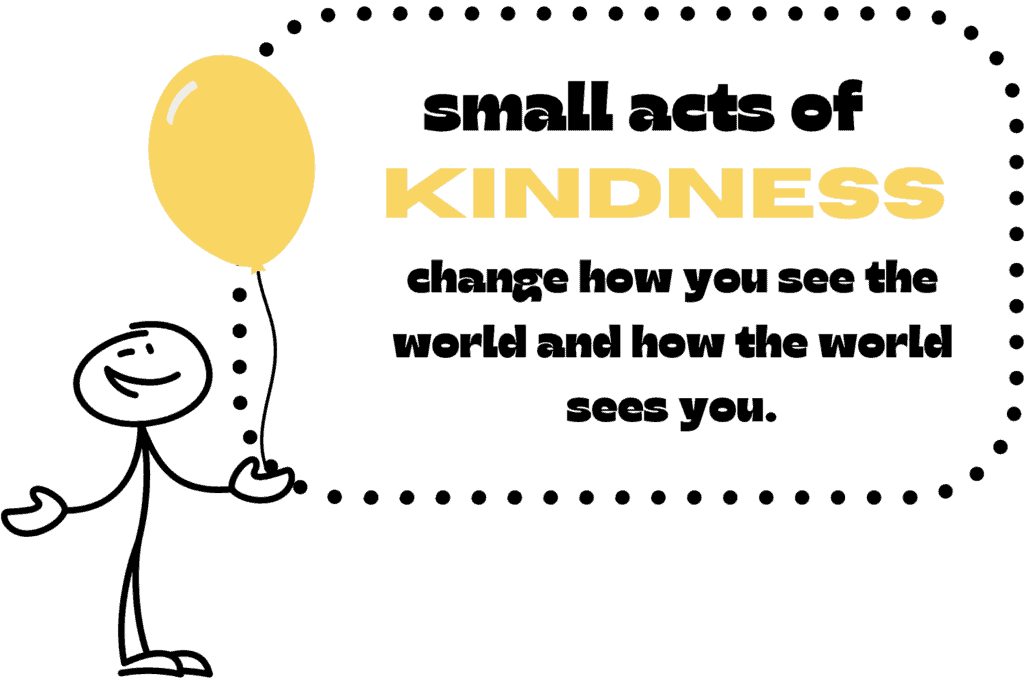
Creating a sense of community through kindness has so many health benefits to you and so many others. When people are kind to one another, it helps to bring people together. Whether it's volunteering at a local shelter, helping a stranger in need, or simply offering a friendly smile to someone who is feeling down, small acts of kindness change how you see the world and how the world sees you.
For example, when a community comes together to support a local food bank or a group of friends organizes a fundraiser for a local charity, it helps to create a strong sense of “this is where I live and I am proud of it” and it brings people together for a common cause.
- Kindness Increases Motivation
When you have a goal or are looking to create positive change in your life, being motivated to start and continue to pursue the actions needed is important. When you are motivated, you are more likely to have the energy to “carry on” with the tasks needed and have the drive to overcome any challenges on the way.
Because being kind to others and to yourself releases your body's natural “feel good” chemicals, think endorphins and serotonin, you are able to make kindness work for you to keep you engaged in your healthy habits, creatively overcome obstacles, and see the value in seeking support from others.
When you feel good, you are more likely to have higher energy levels and a positive attitude. That, my friends, is highly motivating… both for the short term and for the long haul.

Why do you think the quote good vibes gives off such positive vibes? It’s the same way kindness helps motivate you.
- Increased Happiness and Satisfaction
When you practice small acts of kindness you are giving your best self to others without expecting anything in return. You are doing something nice for another.
Kindness is a fascinating topic, why? Because kindness is primarily a behavior. This means kindness itself is an action that can become a habit. Whereas happiness is the consequence of what you do and how you behave, so if your behavior includes kindness odds are your happiness improves. In an article written for the American Heart Association, psychiatrist Dr. Francoise Adan, director of the Connor Integrative Health Network of University Hospitals in Cleveland said,
“Being happy doesn’t just make us feel better, it improves our health. It helps us eat healthier, be more active and sleep better.”
Because happiness leads to healthier behaviors, it helps stave off high blood pressure and excess body fat, resulting in a lower risk of stroke and cardiovascular disease, she said.
Isn’t kindness cool?
Lasting Satisfaction: Understanding Wellbeing For Your Best Life
As for satisfaction, let’s look a bit into the definition of wellbeing because when you are kind or when you experience kind acts your expectation is met or exceeded, giving you an improved sense of wellbeing. Wellbeing is a term that is used often to describe to include:
- the presence of positive emotions and moods (happiness, joy, gratitude)
- the absence of negative emotions (anxiety, stress)
- satisfaction with life
- fulfillment
- positive functioning
In a study conducted by the University of British Columbia, researchers explored the effects of performing acts of kindness on individuals with high levels of anxiety. The results were striking, as participants who engaged in at least six acts of kindness per week reported significant improvements in their overall mood, relationship satisfaction, and a reduction in social avoidance behaviors.
This study sheds light on the powerful impact that small acts of kindness can have on our well-being, particularly for those struggling with anxiety. Whether it's offering a helping hand to a neighbor, volunteering at a local charity, or simply expressing gratitude to a loved one, these actions have the potential to not only brighten someone else's day but also improve our own mental health.
The findings of this study are particularly relevant in today's world, where stress and anxiety have become all too common. By incorporating acts of kindness into our daily routines, we can not only enhance our own well-being but also create a ripple effect of positivity in our communities.
Kindness Bingo!
A fun and interactive way to practice kindness and create healthy habits that will last a lifetime. This Kindness Bingo card is designed to help you spread joy and positivity while also improving your own well-being. Each square on the card features a different act of kindness that you can complete. Whether it's a small gesture like holding the door open for someone or a more elaborate act like volunteering at a local shelter, every action has the power to make a difference.
Summing It Up
I would like to encourage you to add small acts of kindness into your life. It can be challenging to build and maintain healthy habits, but when you incorporate kindness into your daily routine it can make all the difference.
By making kindness a habit, you'll be taking a key step towards fostering deeper connections with both yourself and others, boosting your energy and motivation, and improving your overall health. Think of it as a fun and exciting Ferris wheel cycling round and round - the more kindness you put out into the world, the more you'll receive in return.
Start small and show those around you that you care through simple, meaningful gestures. From offering a compliment to lending a listening ear, whatever you choose to do. By integrating acts of kindness into your daily life, you'll not only see positive shifts in your wellbeing, but also contribute some goodness that will touch the lives of others.
I’m glad you decided to read this article and are considering taking steps toward a more fulfilling life filled with kindness. And, if you'd like support please look to any of the well-qualified and compassionate health coaches on the coaching directory.
Together, let's make kindness a daily habit that brings us closer to ourselves and those around us.
Frequently Asked Questions about Kindness and Its Impact on Our Lives
What does kindness mean?
Kindness is defined as the act of being friendly, generous, and considerate. It's a characteristic that many cultures admire and view as essential for a healthy and harmonious society.
What are small acts of kindness?
Small acts of kindness are simple, everyday actions that often require little effort but can have a big impact. These acts can range from smiling at a stranger, holding the door open for someone, or saying a kind word to a friend.
How does kindness impact your mental health?
The relationship between kindness and mental health is strong. Research has shown that kindness releases "feel-good" chemicals in the brain, such as endorphins and oxytocin, linked to happiness, trust, and bonding. Kindness also helps decrease levels of stress hormones, such as cortisol, which can have a negative impact on your mental and physical health.
How does kindness impact your relationships?
Kindness has the power to break down barriers and foster trust, connection, and respect. Strong relationships provide support and encouragement in your efforts to maintain healthy habits. Small acts of kindness, such as cooking a meal for a friend or helping an older neighbor, can have a real impact on your relationships and increase feelings of happiness and well-being.
Can anyone practice kindness?
Yes, anyone can practice kindness. It requires no special skills, just some time and a little effort. It's incredible how easy it can be to spread kindness and it starts with something as simple as a small action.
Can kindness change lives?
Yes, kindness has the power to transform lives by fostering deeper connections, increasing motivation, and boosting our well-being. It benefits both the giver and the receiver and has the potential to not only brighten someone else's day but also improve our own mental health and relationships.
How does kindness impact your motivation and satisfaction?
When you feel good, you are more likely to have higher energy levels and a positive attitude, which is highly motivating for both the short and long term. Kindness releases your body's natural "feel-good" chemicals, which can help you stay engaged in your healthy habits and overcome the bumps in the road.
Practicing small acts of kindness gives you the opportunity to give your best selves to others without expecting anything in return and can improve your sense of well-being and happiness.
Subscribe to get access to resources, event details, coaching, and be the first to receive the latest recipes, interviews, and more.
Michelle Johnson Jerome is an expert on busting through perfectionism. She is passionate about helping others live life with purpose and joy. By drawing on her extensive experience as a nutrition coach, personal trainer, and yoga instructor she helps develop a realistic approach to goal setting that allows you to make progress and stop obsessing over mistakes.
Find other articles written by Michelle on her coach profile. Discover your "easy button": learn how to manage life's unpleasant parts so you can move forward, reach your goals, and live your best life.

